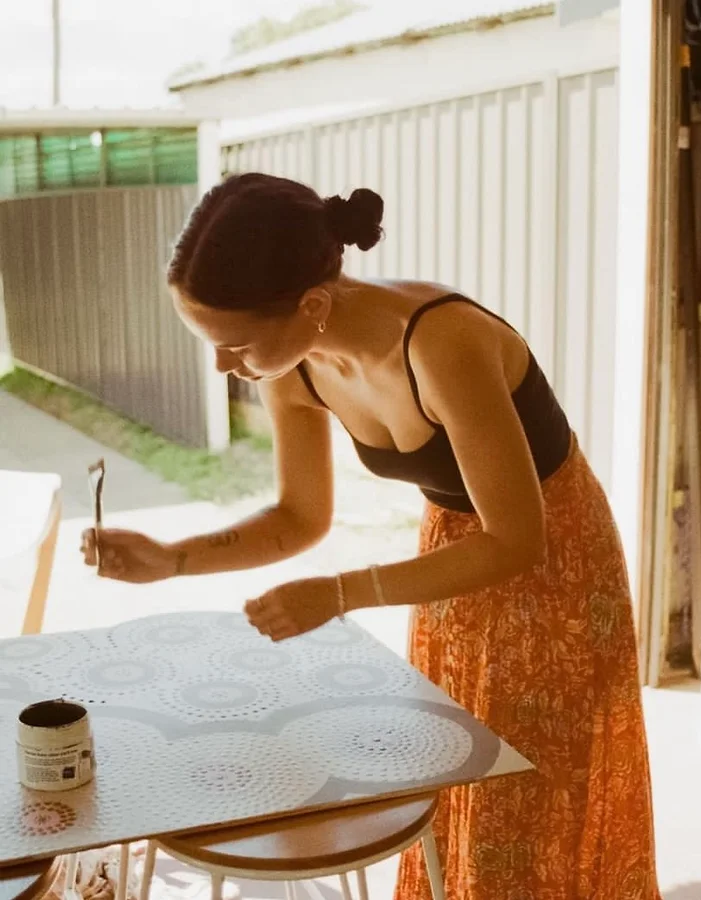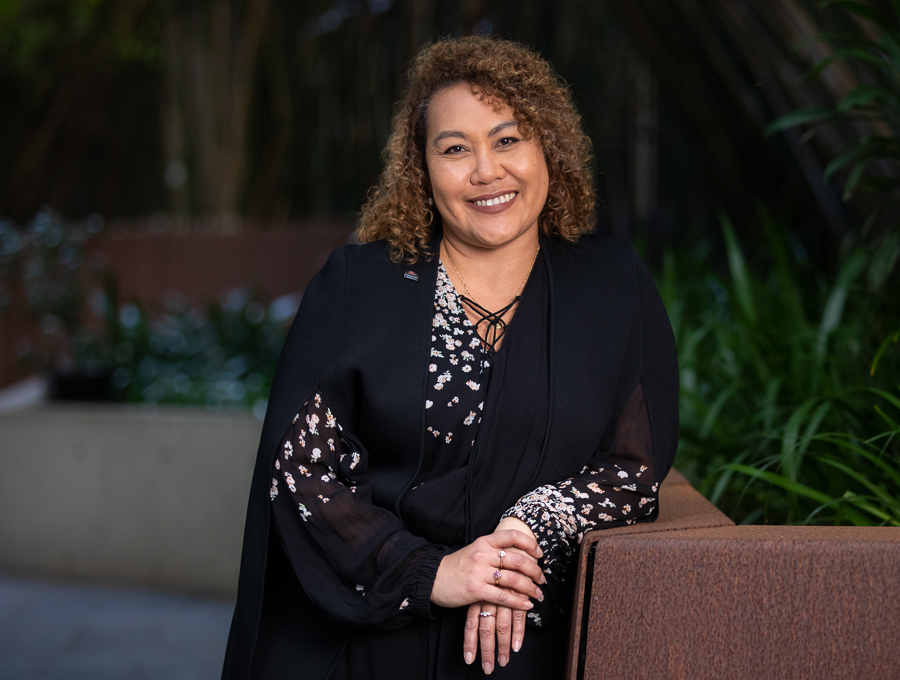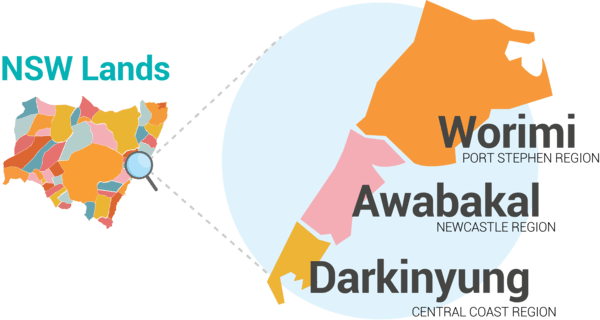Community Therapy acknowledges the traditional custodians of the land on which we Work, Learn and Live; the Awabakal, Darkinjung, Worimi and Wonnarua Peoples.
We acknowledge and pay our respects to Elders, past, present and emerging and recognise their continuing connection to land, water and community.
Message from the Director
In 2022 Community Therapy, led by our dedicated Reconciliation Working Group, embarked on the journey of commencing our formal Reconciliation Action Plan through Reconciliation Australia.
I’m proud that Community Therapy’s “Reflect” Reconciliation Action Plan; our first major step as a company to sustainably and strategically take meaningful action to advance Reconciliation, was formally endorsed by Reconciliation Australia in 2023. You can view our current Reconciliation Action Plan here.
Community Therapy has been changing people’s lives in meaningful ways every day since its inception in 2016, and the impact of our services across the Central Coast and Hunter New England regions continues to grow. We feel an increased responsibility as an expanding organisation to lead by example in all that we do, and our Reconciliation Action Plan is a significant step forward and commitment to ongoing change within our team and local communities.
We are looking forward to progressing further in our reconciliation journey and I could not be more proud of the steps our team has taken to reach this point.
Scott Lynch, APAM
Founder & Managing Director
Community Therapy

About the Artist
As part of Community Therapy’s Reconciliation journey we have been so fortunate to collaborate with Jade Holborow, who is the founder of Wandyu Art and a local contemporary Indigenous artist.
Jade hand paints her Indigenous contemporary artworks in a home studio on Awabakal Country. She is inspired by a Wiradjuri woman named Aunty Gail; both Wiradjuri descendants tracing back their history. Jade’s art is a tribute to her father who passed. He really wanted to learn more about his culture and faced challenges due to the lack of information around the Stolen Generation.
Jade’s tribe is Wiradjuri, however she spent most of her teenage days living on Worimi Country.
You can see more of Jade’s artwork on her website www.wandyuart.com.

About the Artwork
The Design is called Ngumbaaydyil or “All Together” and in the artist’s words;
“Sacred sites, land and the Dreaming are places within the landscape which have a specific significance under Aboriginal tradition. Storyline – once the ancestor spirits created the world, they themselves transformed into trees, stairs, rocks, watering holes and more. Allowing all to come together in one place. All are one”.

Statement from the CEO of Reconciliation Australia
Reconciliation Australia welcomes Community Therapy to the Reconciliation Action Plan (RAP) program with the formal endorsement of its inaugural Reflect RAP.
Community Therapy joins a network of more than 2,200 corporate, government, and not-for-profit organisations that have made a formal commitment to reconciliation through the RAP program.
Since 2006, RAPs have provided a framework for organisations to leverage their structures and diverse spheres of influence to support the national reconciliation movement. The program’s potential for impact is greater than ever, with close to 3 million people now working or studying in an organisation with a RAP.
The four RAP types — Reflect, Innovate, Stretch and Elevate — allow RAP partners to continuously develop and strengthen reconciliation commitments in new ways. This Reflect RAP will lay the foundations, priming the workplace for future RAPs and reconciliation initiatives.
The RAP program’s strength is its framework of relationships, respect, and opportunities, allowing an organisation to strategically set its reconciliation commitments in line with its own business objectives, for the most effective outcomes.
These outcomes contribute towards the five dimensions of reconciliation: race relations; equality and equity; institutional integrity; unity; and historical acceptance.
It is critical to not only uphold all five dimensions of reconciliation, but also increase awareness of Aboriginal and Torres Strait Islander cultures, histories, knowledge, and leadership across all sectors of Australian society.
This Reflect RAP enables Community Therapy to deepen its understanding of its sphere of influence and the unique contribution it can make to lead progress across the five dimensions. Getting these first steps right will ensure the sustainability of future RAPs and reconciliation initiatives, and provide meaningful impact toward Australia’s reconciliation journey.
Congratulations Community Therapy, welcome to the RAP program, and I look forward to following your reconciliation journey in the years to come.

Karen Mundine
Chief Executive Officer
Reconciliation Australia
The Lands We Work In
Community Therapy services the Newcastle, Port Stephens, Central Coast and Hunter Valley areas with our allied health services.
Acknowledging and respecting the Traditional Owners and beautiful Lands and Waters that we work on is an important part of our service; the Worimi, Awabakal and Darkinyung Lands span from Port Stephens through to the lower Central Coast.
Collaboration and Partnerships
Community Therapy acknowledges that the Reconciliation journey requires ongoing connection and collaboration with our local Indigenous community. If you are a service provider, training provider, community group or individual who would like to connect and collaborate then we would love to hear from you. Please use our contact form and a member of our Reconciliation Working Group or administration team will be in touch.


